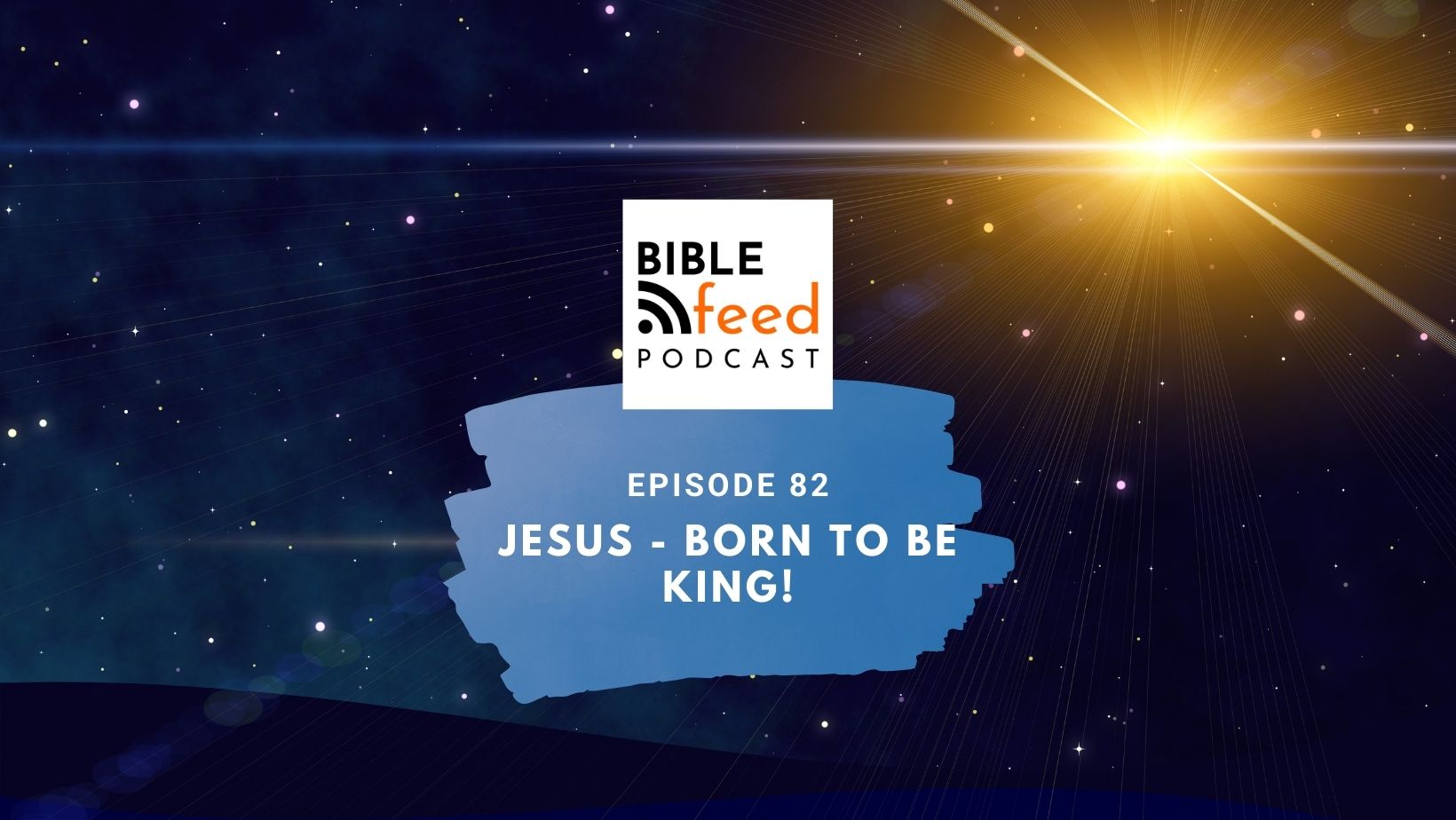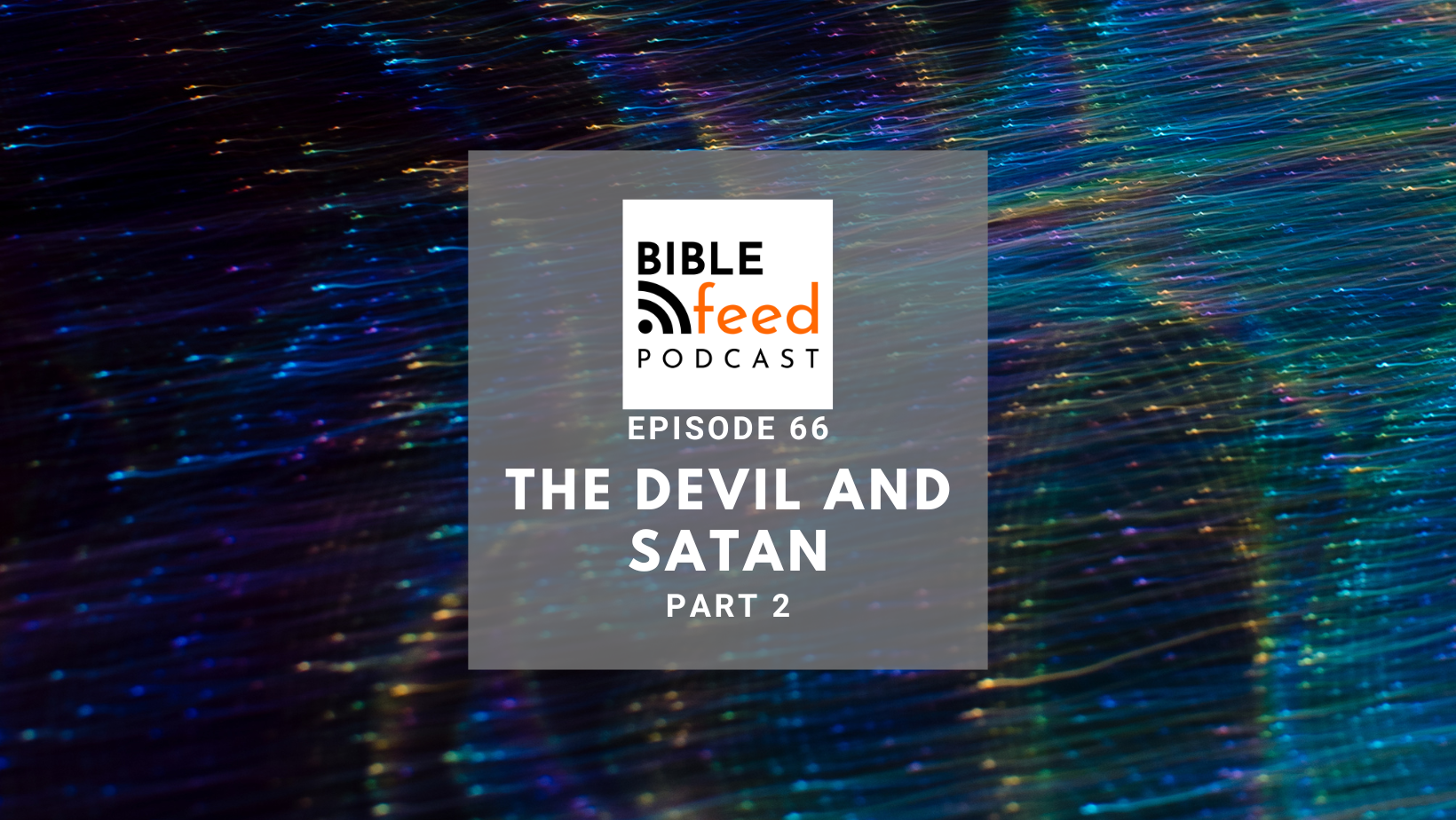We delve into the fascinating historical context surrounding the birth of Jesus, who was born to be king, through the tumultuous world of King Herod and the Roman Caesars. Discover how Jesus' birth and teachings presented a radical departure from the totalitarian and often brutal reigns of worldly kings. This Christmas-themed podcast reveals the profound differences between the kings of men and the king who was laid in a manger. Tune in to explore the themes of humility, justice, and divine kingship that continue to inspire and challenge us today.
Relaunching the podcast, Dan and Laurence celebrate by pondering a lesser known Christmas story. They encounter a community of people in the temple at Jerusalem "waiting for the consolation of Israel". They discover that the birth of Jesus is firmly rooted in a backstory. Investigating mystery deaths and incomplete sentences, this is an invitation to have yourself a lesser known Christmas story!
We continue their exploration of how these 'characters' appear in the Bible. In part 1 we reached a preliminary conclusion that they are used as terms to personify our inherent tendency to want to go our own way rather than God's way. We now look at many more of the relevant biblical passages to get to know the devil and satan better.
Christmas is a time of joy and festivity, but the joy sometimes fades away much quicker than we would like. By turning attention directly to the birth of Christ, can we recapture something of a more permanent joy and rejoicing to help us through life with more optimism and hope?
How can Jesus uniquely be called the Son of God? Does calling him the Son of God make him Deity in any sense? What is Jesus claiming when he says he is the Son of God? All these questions and more are considered in this episode.
To kick off a new series on Biblical themes, we look at 8 different ideas about the Kingdom of God. We find that both Jesus' statements about it and the expectations of his audience were deeply rooted in the Old Testament, Hebrew scriptures. This brings to life a tangible picture of what is involved but also something far greater and more universal than even the Jews expected!
The legacy of Jesus of Nazareth is felt today in all kinds of ways, in religion, in culture, music and art. But what about the question that Christians and others have been asking and debating for centuries – Did Jesus pre-exist? Was he alive in some sense before being born into a quiet small town in Israel about 2000 years ago? And if that question is answered with a yes or with a no, does it change anything for Christians?
You might know it as the Parable of the Prodigal Son. Or perhaps as the Parable of the Lost Son. Or perhaps even “sons”; plural. Or you may not know it at all, nor any of the parables of Jesus. But however much or little you know about this teaching of Jesus in Luke 15, it’s always worth looking afresh at these stories because they reach beyond the characters involved and encourage us to ask questions about ourselves. In fact, that’s exactly the point of parables.
In a two part mini series Paul Davenport talks to Josh Dean about pride and the power of parables. This is all about how human pride is characterised in the Biblical narrative and then also about how the Bible uses stories, or parables, to help us think deeper and challenge ourselves.






